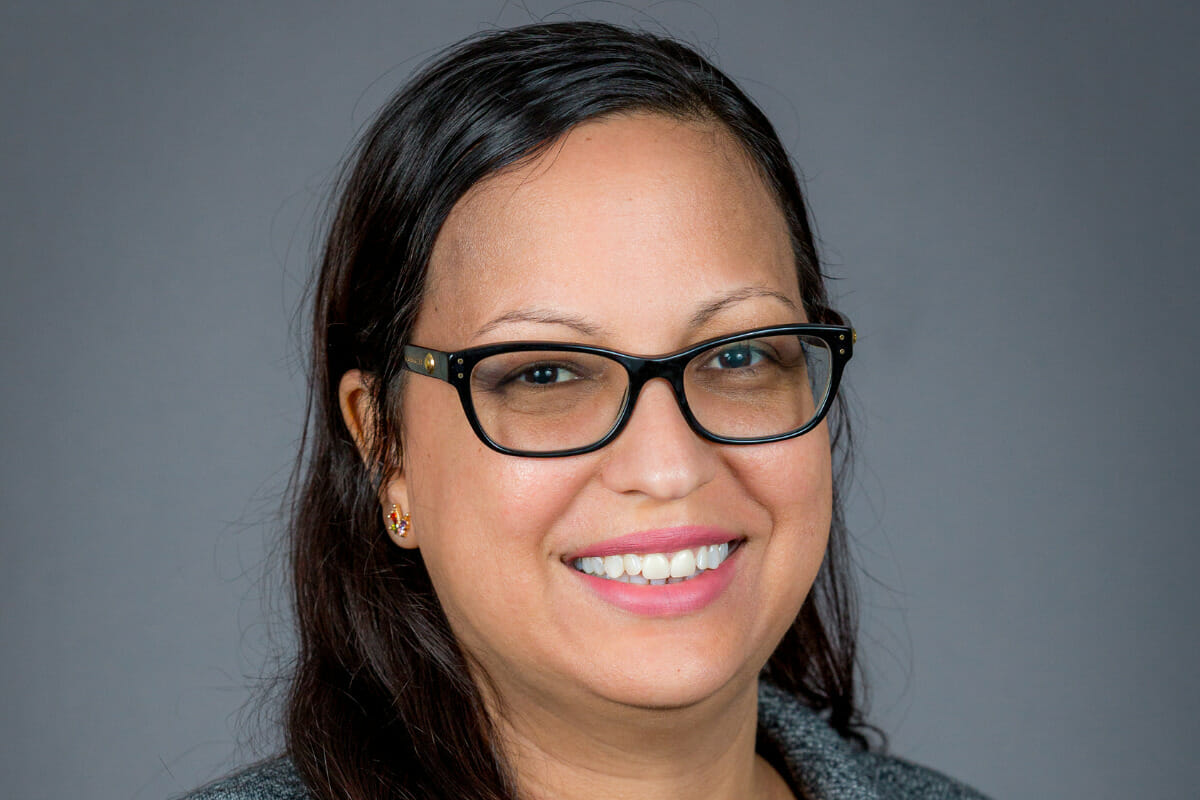
Help & Hope for Veterans
How DLC is partnering with a local nonprofit to help with invisible wounds
Jason, a U.S. Marine Corps veteran, served on more than 100 combat missions in Iraq. Like many veterans, he came home with post-traumatic stress disorder (PTSD), hypervigilance, and anxiety.
Fortunately, help was available — through a David Lawrence Centers for Behavioral Health (DLC) partnership with Home Base SWFL, a local nonprofit dedicated to supporting veterans, service members, and military families impacted by invisible wounds.
That partnership is part of a bigger role that DLC plays in helping veterans in our community — through its Veterans Services Program, which launched last year and already has helped 25 clients. Part of the program includes the partnership with Home Base SWFL, where DLC provides cognitive processing therapy (CPT), a gold standard treatment for PTSD.
Jason credits CPT for helping him learn the tools he needed to deal with his struggles. “It connected a lot of dots for me,” says Jason. “I realized why I interpret things the way I do. I learned how to diminish my strong emotional responses and use my wise mind, not my emotional mind.”
That’s music to the ears of Geidy Lopez, a Veteran who leads the Veterans Services Program, a free program for veterans diagnosed with mental health and/or substance use issues. The program is designed to build meaningful partnerships with veterans and their families to help them function better at home, in the community, on the job, in educational settings, and throughout life.
Lopez helps veterans like Jason find just the right services they need — mental health, medical needs, social services, SNAP benefits, Medicaid/Medicare, and more. “We connect them with what they need,” she says. “We really care. We genuinely see where the clients are, what their real needs are, and we find the resources.
“Every veteran is unique. Everybody has different challenges that we have to overcome on a case-by-case basis. And we do our very best to help them.” Lopez adds that the individual must be willing to work with case management.
“I love working with those who want to push forward, because they see the need for change, and they press on. “Once they connect with services, they feel more heard, and their symptoms begin to subside. I love to see that.”
Mar 04, 2022 | Blog



